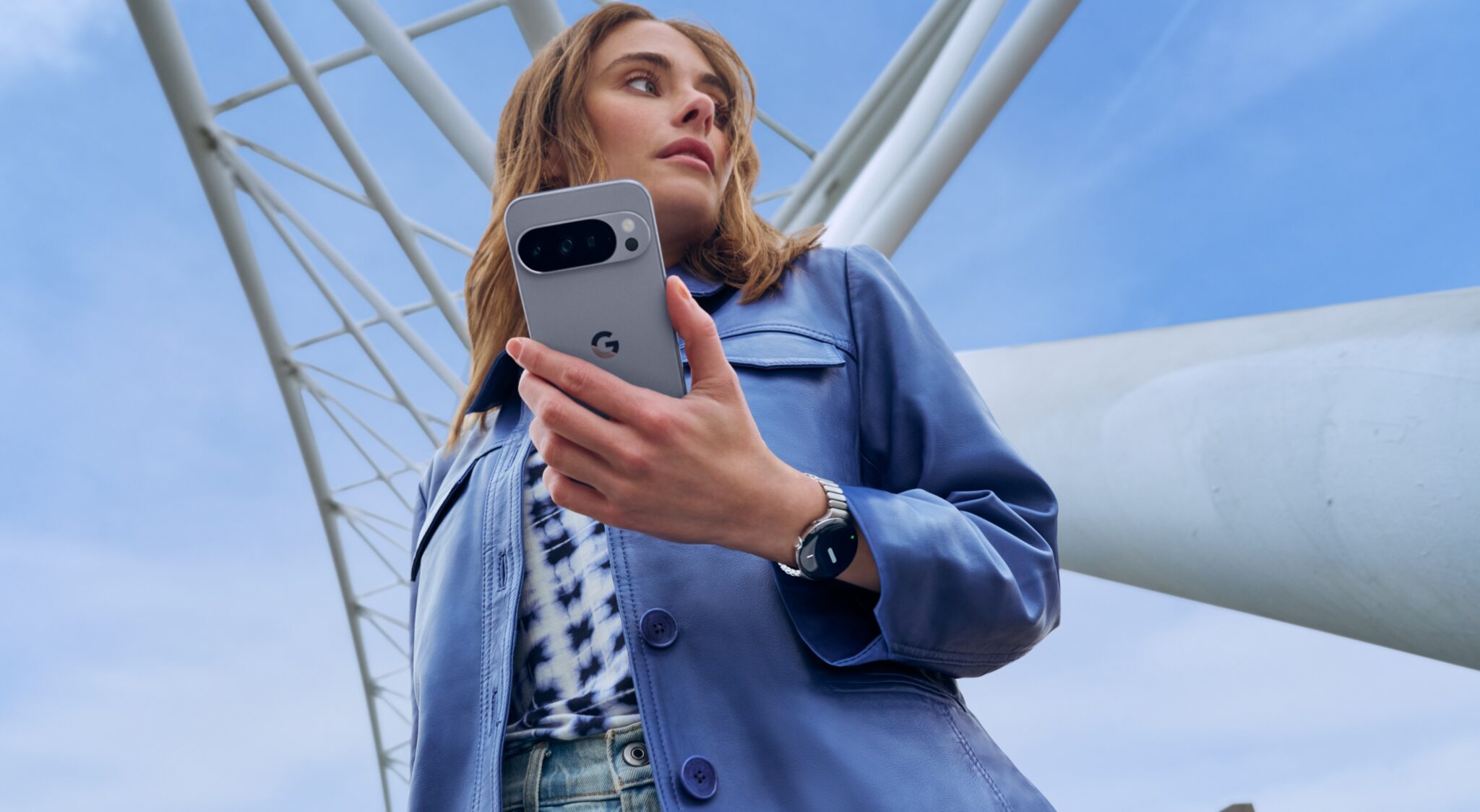When people ask me about smartphones, I often say there’s not been a huge amount of evolution in them over the past few years, especially on the camera side: even some of the best cheap phones now take photos that are more than good enough for social media.
In many ways, we’ve arguably hit a plateau on how much can be squeezed out of the compact camera hardware slotted into phones, regardless of the megapixel count. It’s here where artificial intelligence comes into play, along with evolved image signal processing, to optimize and refine shots. However, as smart as AI tech seems to be getting, it couldn’t really fix a dud photo in the first place – until now, it seems. Enter the new Google Pixel 10 series.
Already stuffed with AI, Google has equipped its latest suite of Pixel phones – comprising the Pixel 10, Pixel 10 Pro, Pixel 10 XL and Pixel 10 Pro Fold – with fresh smart features, with one catching my eye: Camera Coach.
Building upon the AI camera features of past Pixel phones, Camera Coaches uses Google Gemini models, which are built into the camera system, to process a scene a user is trying to capture and then offer a mix of suggestions to help them find the best angle, lighting, and even suggest what camera modes to use to get the best photos.
In essence, Camera Coach is a way to help people who suck at getting good shots on their phones to produce better photos.
Helpful AI
It might seem like a bit of a crutch to people who think photography is an art to be finessed, and I partially agree. But it’s also a tool that should help people learn how to better take photos and frame a scene.
I’m a big advocate of trying to capture the best photo you can before going down the editing route, and I feel Camera Coach could be the means to do that. I should point out I’ve not tried this feature yet, so I am going off Google’s information – but by helping people take the best photo to begin with, Camera Coach should avoid the need to use a whole suite of generative AI editing tools to create a good photo after hitting the shutter button; to me, that means less artificial finesse and fakery and more ‘real’ photography, albeit with a little help from some smart algorithms.
One could argue that there’s nothing revolutionary about Camera Coach, as it’s potentially just an evolved take on the Guided Frame features, which uses AI to help guide people with visual impairments take good photos. But I feel it’s an evolution in the right place, with AI being used to help people be better rather than simply replace a skill or do something for them.
Now, that’s not to say the Pixel 10 models are lacking in other AI image enhancements and photo manipulation tools, as there’s now an automatic version of Best Take for group photos to find and combine similar photos into a single image in which everyone looks their best. Features like the Magic Editor and automatic AI editing are also present and correct.
Yet, Camera Coach to my eyes is a promising use of AI to help upskill people and offers a fresh (well, fresh-ish) take on AI use in smartphone cameras. And while I think I’m handy enough with a camera or one of the best camera phones, I’m still keen to try it out.
What do you reckon? Let me know in the comments below.
Read the full article here














